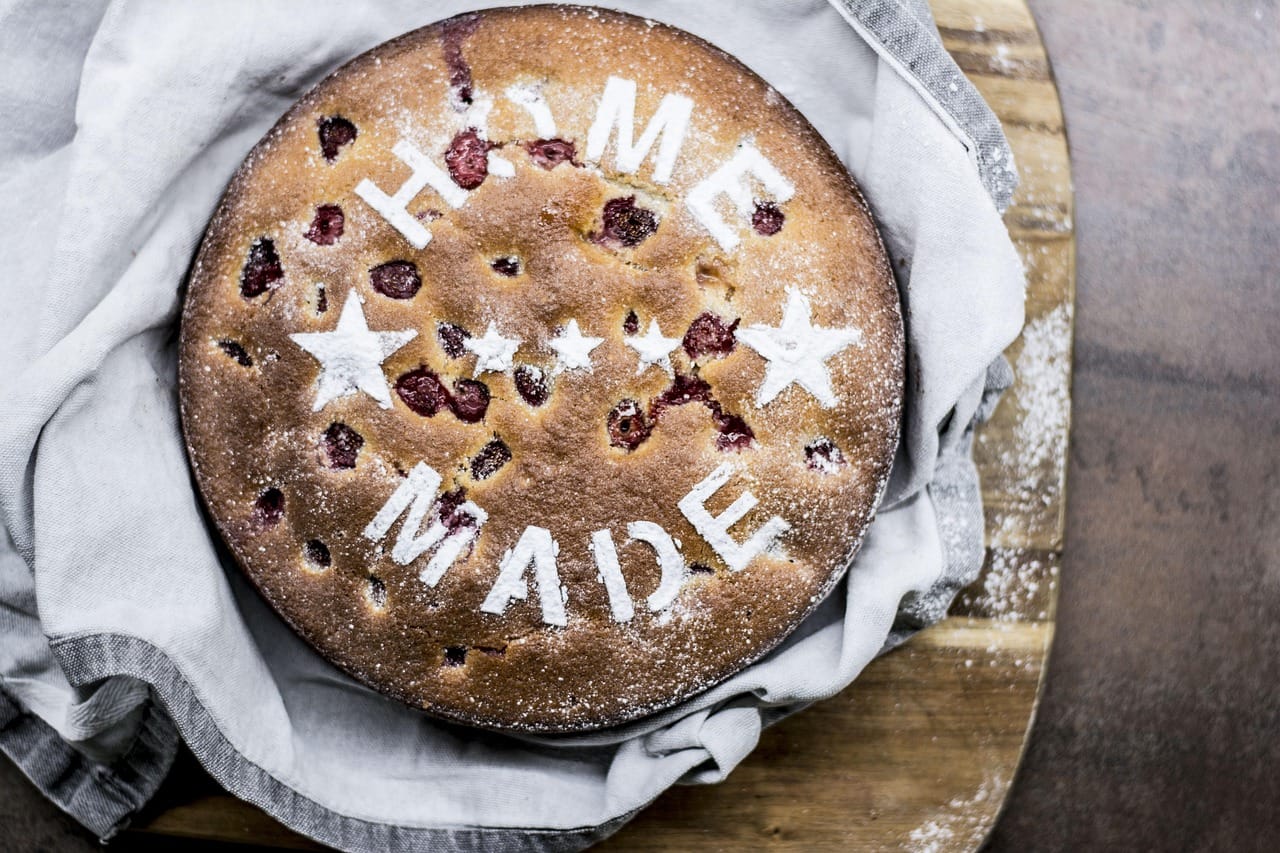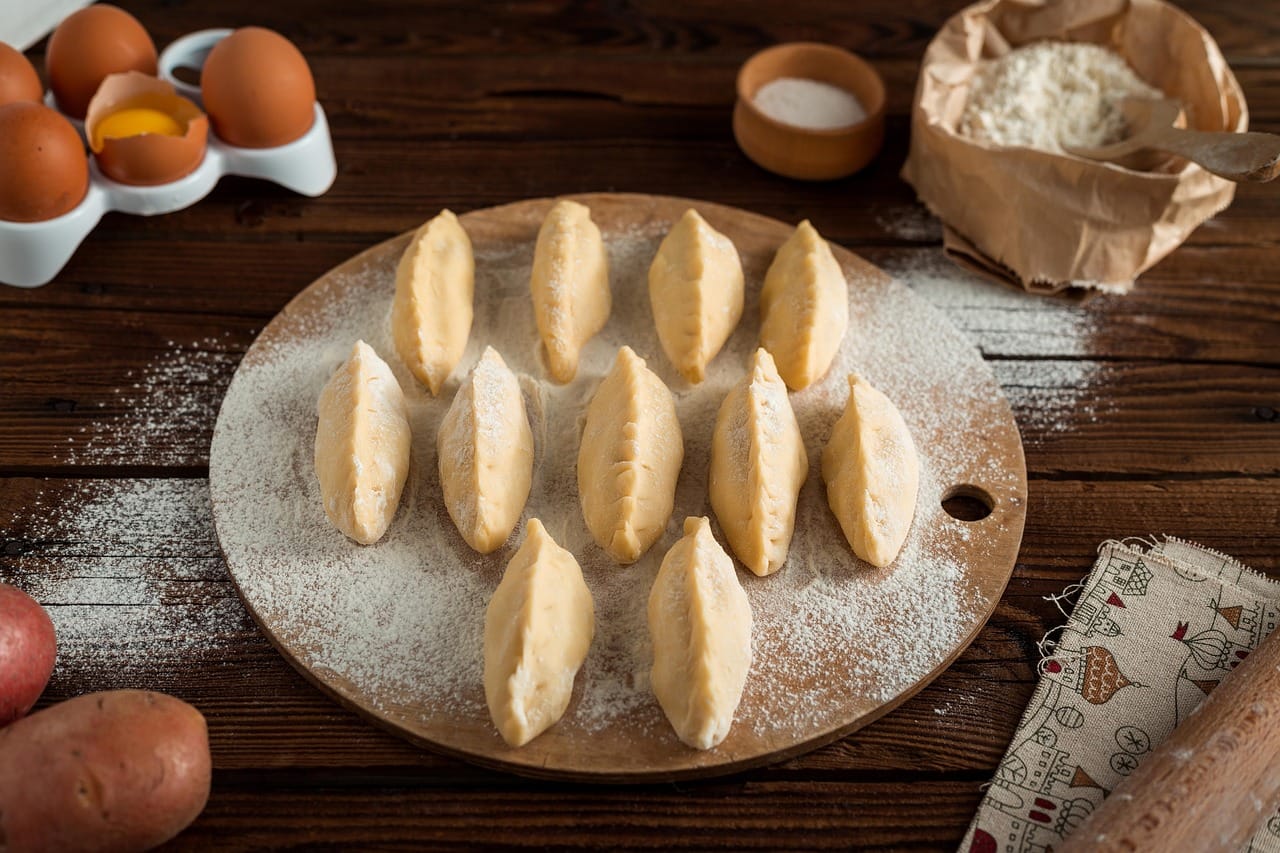Bundt cakes: beautiful, versatile, and undeniably delicious. Their iconic ring shape isn’t just for show; it ensures even baking and a delightful crust on every slice. Whether you’re a seasoned baker or just starting, understanding the nuances of bundt cakes can unlock a world of baking possibilities. This guide will delve into everything bundt, from the history and advantages to essential tips and tricks for baking the perfect cake every time.
The Allure of the Bundt Cake
A History of Bundt
The bundt pan’s story begins in Europe, where “Bundkuchen” (Bund meaning “gathering” or “band” in German) were traditionally baked in fluted molds. These molds were often associated with celebrations and special occasions. The modern bundt pan as we know it was popularized in the United States by Nordic Ware in the 1950s. Dave Dalquist, the founder of Nordic Ware, designed a pan at the request of members of the Minneapolis Hadassah Society, who wanted a pan that could replicate the texture and appearance of a traditional European cake. The name “Bundt” was trademarked by Nordic Ware. While variations existed before, Nordic Ware’s design and branding truly solidified the bundt cake’s place in American baking.
Why Choose a Bundt Cake?
There are several compelling reasons to choose a bundt cake for your next baking project:
- Aesthetic Appeal: The distinctive shape of a bundt cake makes it visually appealing without elaborate frosting.
- Even Baking: The central tube ensures that the cake bakes evenly throughout, eliminating underbaked centers.
- Crust Formation: The increased surface area of the pan promotes a golden-brown, flavorful crust.
- Versatility: Bundt cakes can be adapted to a wide range of flavors, from classic vanilla to rich chocolate and fruity combinations.
- Simplicity: Often, bundt cake recipes are relatively straightforward, making them suitable for bakers of all skill levels. A simple glaze or dusting of powdered sugar is often all the decoration they need.
Essential Bundt Pan Knowledge
Choosing the Right Pan
Not all bundt pans are created equal. Consider these factors when selecting a bundt pan:
- Material: Cast aluminum pans are popular for their even heat distribution and durability. Silicone bundt pans offer easy release, but may not provide the same level of browning.
- Size: Standard bundt pans typically hold 10-12 cups of batter. Smaller bundt pans are available for smaller cakes or individual servings.
- Shape: While the classic fluted design is iconic, bundt pans come in various shapes and patterns. Choose a shape that appeals to you and suits the occasion.
- Non-stick Coating: A good non-stick coating is essential for easy cake release. However, even with a non-stick pan, proper preparation is crucial.
Preparing Your Bundt Pan for Baking Success
Proper pan preparation is the key to a successful bundt cake release. Here’s a step-by-step guide:
Common Bundt Pan Mistakes
Avoiding these common mistakes can significantly improve your bundt cake baking experience:
- Under-greasing: Skimping on the grease can lead to a cake that sticks to the pan.
- Using the Wrong Flour: Cake flour is generally preferred for its low protein content, which results in a tender crumb. All-purpose flour can be used, but it may yield a slightly denser cake.
- Over-mixing the Batter: Over-mixing develops gluten, which can lead to a tough cake. Mix until just combined.
- Overfilling the Pan: Overfilling the pan can cause the batter to overflow during baking, resulting in a messy cake. Fill the pan no more than two-thirds full.
- Improper Cooling: Allowing the cake to cool completely in the pan can cause it to stick. Invert the cake onto a wire rack after allowing it to cool in the pan for the recommended time (usually 10-15 minutes).
Bundt Cake Recipes and Flavor Combinations
Classic Recipes
- Sour Cream Pound Cake: A rich and moist cake with a subtle tang from the sour cream.
- Chocolate Bundt Cake: A decadent chocolate cake, often enhanced with chocolate chips or ganache.
- Lemon Bundt Cake: A bright and refreshing cake with a tangy lemon flavor.
Creative Flavor Pairings
Bundt cakes are a blank canvas for flavor exploration. Consider these creative flavor pairings:
- Spiced Apple: Combine apple cider, cinnamon, and nutmeg for a warm and comforting fall flavor. Add chopped apples or walnuts for extra texture.
- Pumpkin Spice: Incorporate pumpkin puree and pumpkin pie spice for a festive autumn treat.
- Marble: Swirl together vanilla and chocolate batter for a visually stunning and flavorful cake.
- Coconut Lime: Infuse the cake with coconut milk and lime zest for a tropical twist.
- Coffee Toffee: Add instant coffee and chopped toffee bits for a rich and decadent cake perfect for coffee lovers.
Glazes and Decorations
A simple glaze or dusting of powdered sugar is often all a bundt cake needs. Here are some popular options:
- Powdered Sugar Glaze: A classic glaze made with powdered sugar, milk, and vanilla extract. Adjust the amount of liquid to achieve the desired consistency.
- Chocolate Ganache: A rich and decadent glaze made with chocolate and heavy cream.
- Lemon Glaze: A tangy glaze made with lemon juice and powdered sugar.
- Caramel Glaze: A sweet and buttery glaze made with butter, brown sugar, and cream.
- Nuts and Sprinkles: Decorate with chopped nuts, sprinkles, or candied citrus peel for added texture and visual appeal.
Troubleshooting Common Bundt Cake Problems
Cake Sticking to the Pan
- Problem: The cake sticks to the pan, even after greasing and flouring.
- Solution: Ensure the pan is thoroughly greased and floured, paying attention to all the crevices. Use baking spray with flour for added insurance. Chill the prepared pan before adding the batter. Let the cake cool in the pan for only the recommended time (usually 10-15 minutes) before inverting.
Cake Sinking in the Center
- Problem: The cake sinks in the center after baking.
- Solution: Avoid over-mixing the batter, which can develop gluten and cause the cake to collapse. Ensure the oven temperature is accurate and avoid opening the oven door frequently during baking. Make sure all ingredients are fresh.
Cake is Dry
- Problem: The cake is dry and crumbly.
- Solution: Avoid over-baking the cake. Use a cake tester to check for doneness – it should come out clean or with a few moist crumbs attached. Add moisture to the batter by incorporating ingredients like sour cream, yogurt, or oil.
Uneven Baking
- Problem: The cake bakes unevenly, with some parts being overcooked and others undercooked.
- Solution: Ensure the oven rack is positioned in the center of the oven. Rotate the cake halfway through baking to promote even browning. Use an oven thermometer to verify that the oven temperature is accurate.
Conclusion
The bundt cake is more than just a dessert; it’s a statement piece, a symbol of celebration, and a testament to the joys of baking. With the right pan, proper preparation, and a dash of creativity, you can master the art of the bundt cake and impress your friends and family with delicious and beautiful creations. From classic flavors to innovative combinations, the possibilities are endless. So, grab your bundt pan and get baking!



